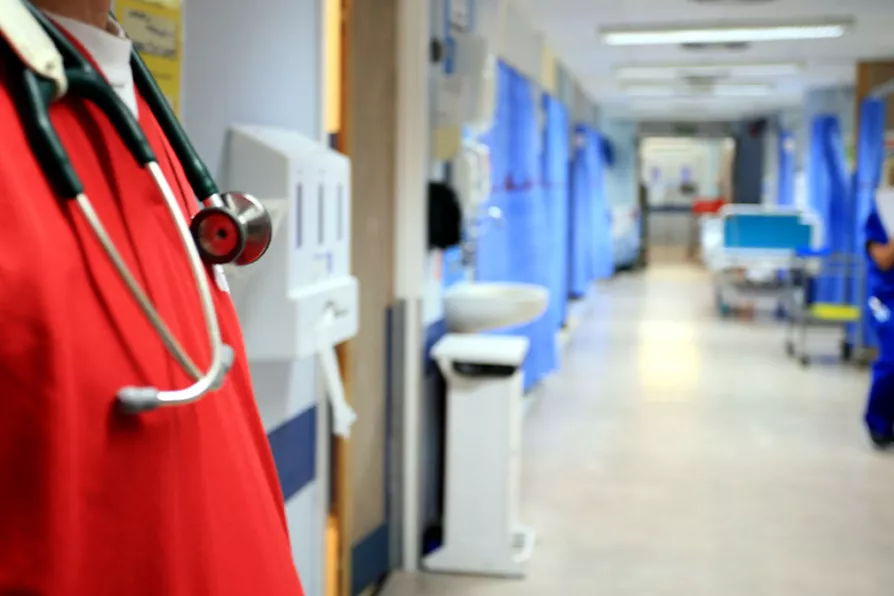Concerns raised about NHS staff being co-opted into policing duties under new counterterrorism scheme

 An NHS hospital ward, October 3, 2014
An NHS hospital ward, October 3, 2014
A SECRETIVE new scheme involving counterterrorism officers and health professionals is sparking serious concerns about NHS staff being co-opted into policing duties.
Health charity Medact has raised serious issues in its new report out today about the little-known Counter Terrorism Clinical Consultancy Service (CTCCS).
It was launched in April this year after the tender of a £17 million police contract won by three NHS trusts. Units are located in London, Manchester and Birmingham.
Similar stories

ANSELM ELDERGILL details the problems associated with the Assisted Dying Bill which has its second reading on Friday













